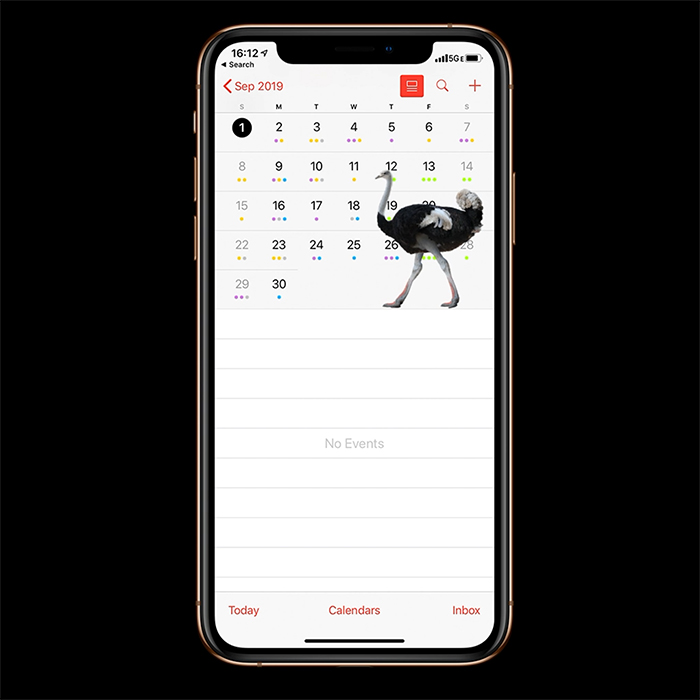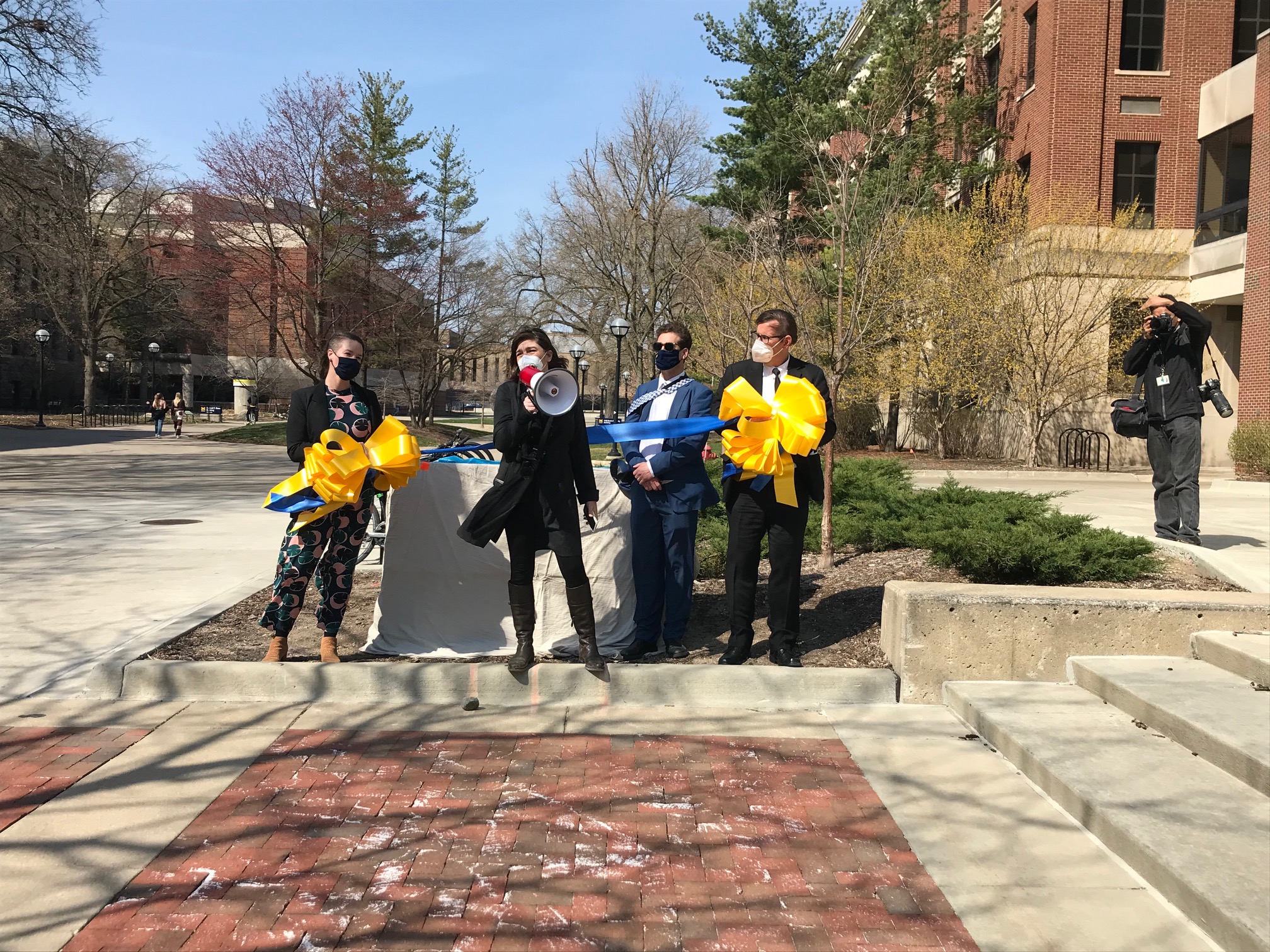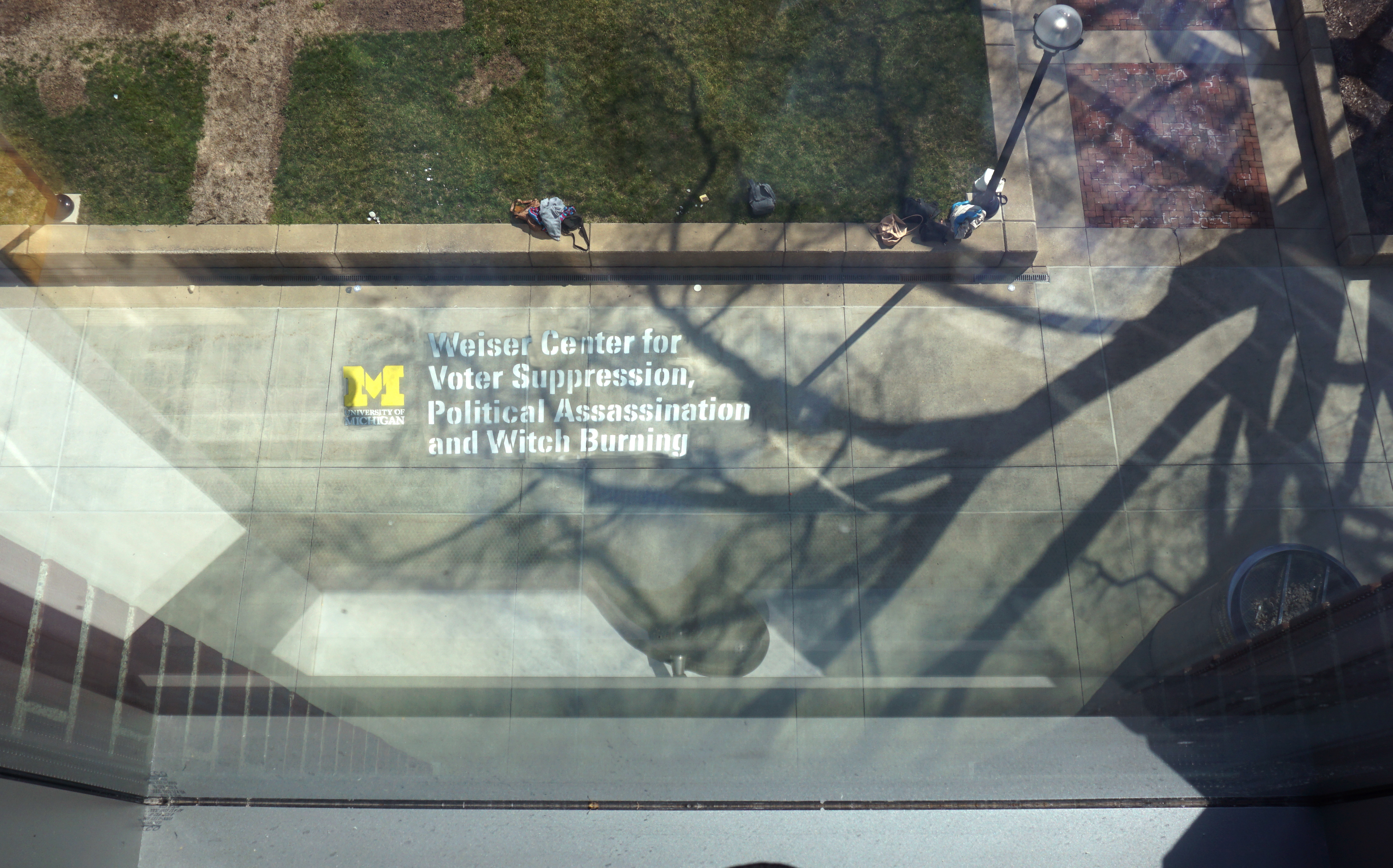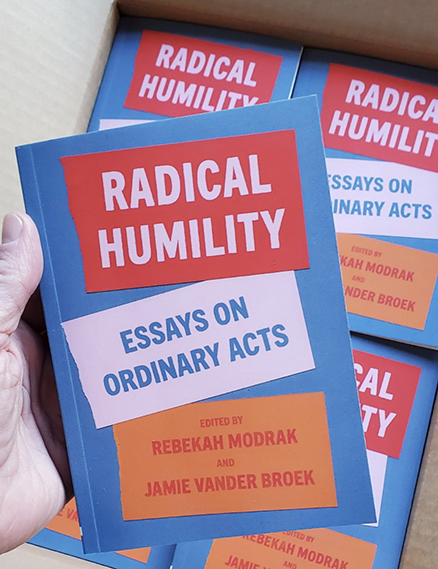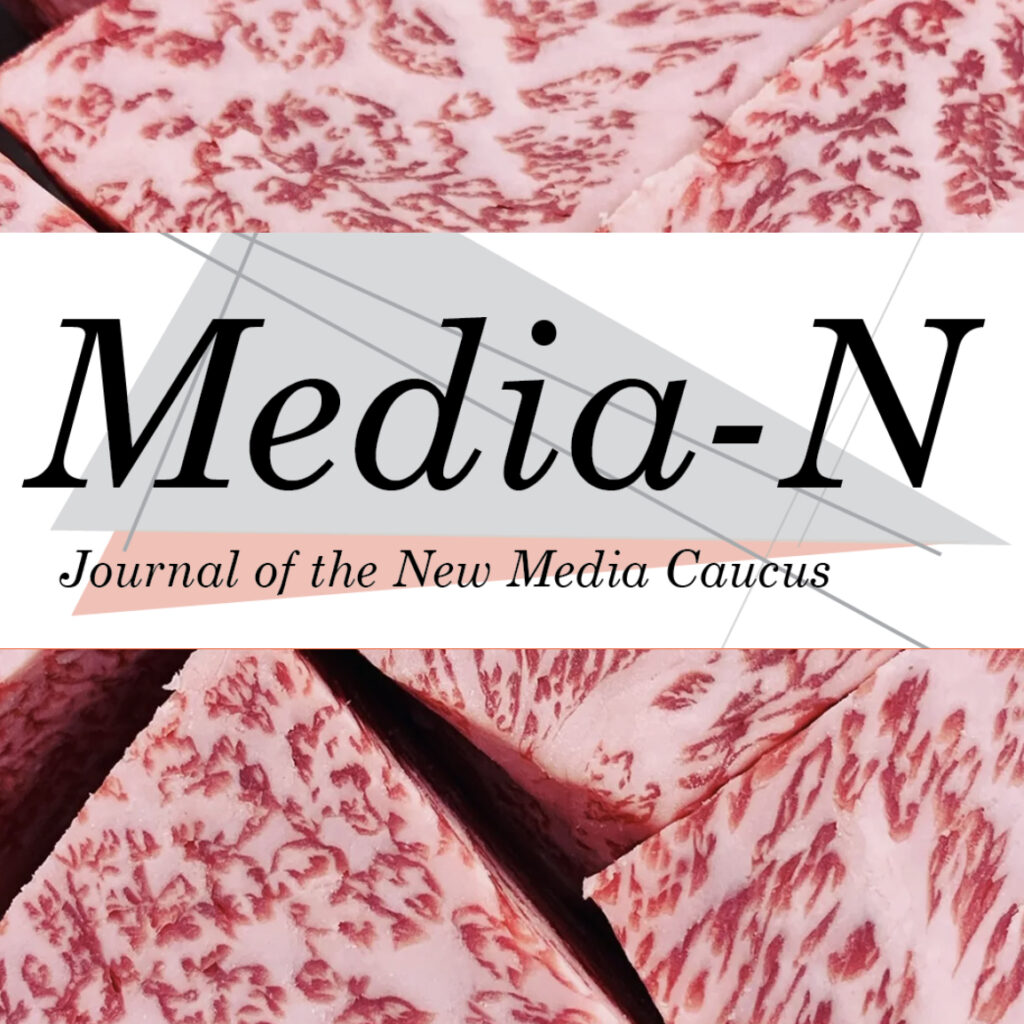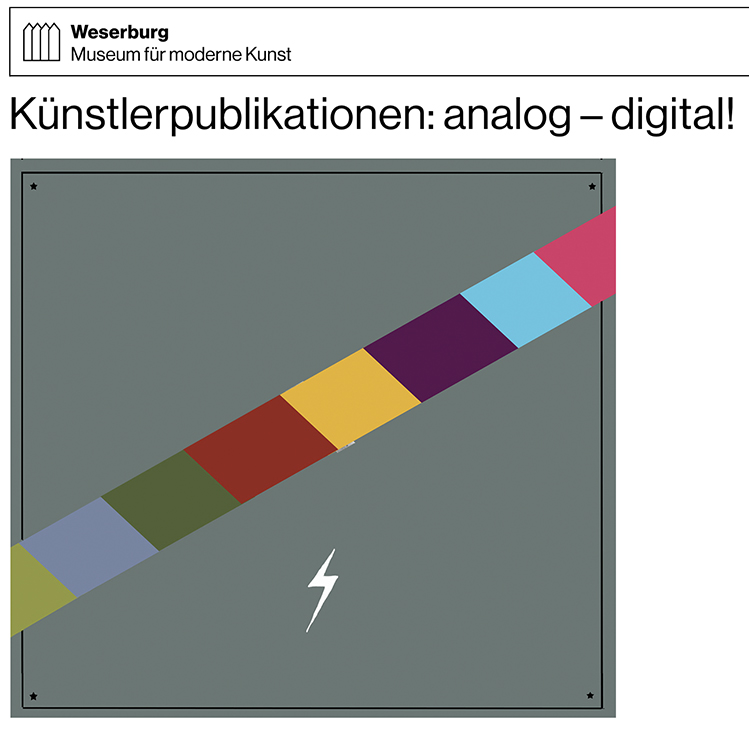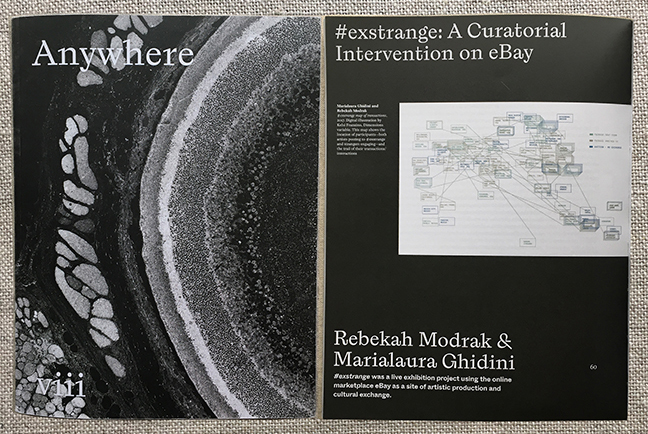Jurors selected the Age of Humility website and social media for the “Scholarship: Creative Works” category of the 2019 Design Incubation Awards.
The Age of Humility project asks: can we reinvigorate humility as a living value that can be practiced in every workplace, and which is relevant in all realms, informing our choices as friends, colleagues, parents, and citizens? The project is generating a collection of essays and a series of researched posts distributed via social media. The Age of Humility website (AgeOfHumility.com) is the hub of the project. In designing the website and social media pages, the team’s goal was to inspire interest in humility as a value during this time in which political boasting and status-seeking are pervasive and humility is rarely discussed.
The Age of Humility design team is led by Rebekah Modrak, Jamie Lausch Vander Broek, and Sam Oliver. Rebekah Modrak is an artist and Stamps Professor. Jamie Lausch Vander Broek is a Librarian for Art & Design at the University of Michigan. Sam Oliver is the founder of Shaper Realities, a product and interaction design studio based in Brooklyn, and is a Stamps BFA alum.
Modrak, Vander Broek and Oliver worked collaboratively to invent a visual language that created a contemplative space within the “fast media” of web navigation and social media. The Age of Humility website home page intentionally avoids the cursor’s point-and-click as the method of interaction. Instead, viewers activate the site via an imperfect, hand-drawn line that winds users through a series of quotations from politics, consumer culture, psychology, and other perspectives. The line and an animated ink cloud reflect the belief that thoughts are pliant and yielding and prompt an introspective, gentle tempo for navigating the site. The team used two complimentary fonts filled with a watercolor texture as a way of implying a spoken voice that fluctuates in timbre, and as a way of emphasizing key words within that speech. All elements mimic organic movements and defy the flat space of the digital screen and the grid-based template of traditional web design.

